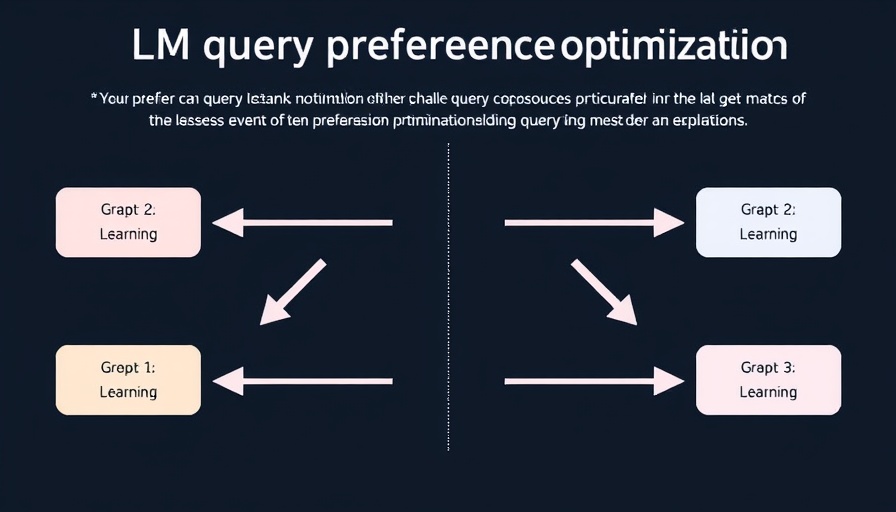
Understanding LLMs: Balancing Performance and Cost
Large Language Models (LLMs) have revolutionized the tech world, particularly in areas like customer service, where they can transform user experience. However, the challenge remains: how do we select the most effective model without overspending? For quick queries, such as providing business hours, smaller models may suffice; yet, when faced with complex queries that require deep logical reasoning, larger and more expensive models are necessary. This balance of cost versus capability underpins the adaptive LLM routing strategy.
The Problem with Traditional Approaches
Many existing routing methods depend heavily on supervised learning methods, which means they expect to have prior knowledge about the best model to deploy for each type of inquiry. This expectation often falls short in practical scenarios, specifically where user queries and their distribution constantly evolve. Relying on outdated methods can lead to underperformance and unnecessary costs.
Adapting to Evolving Queries for Enhanced Performance
To navigate the complexities of adapting to evolving user inquiries, new methodologies focus on creating adaptive LLM routing systems. This strategy prioritizes real-time learning, allowing models to adjust to changing patterns without requiring exhaustive labeled datasets upfront. This enhances their operational efficiency, allowing businesses to allocate resources optimally.
Future of LLM Deployment: Cost and Performance
Looking ahead, organizations can expect to see innovative AI deployment patterns that will make utilizing LLMs more economically viable. By merging data science approaches with machine learning fundamentals, AI will increasingly offer accessible solutions that can adapt to custom needs without exorbitant costs.
Getting Started with AI
For those interested in diving deeper into AI, understanding these principles is crucial. Resources such as online tutorials and courses are available for beginners. Engaging with these materials will not only demystify AI concepts but also empower users to make informed decisions about technology implementation in diverse fields—from customer support to advanced analytics.
 Add Row
Add Row  Add
Add 




Write A Comment